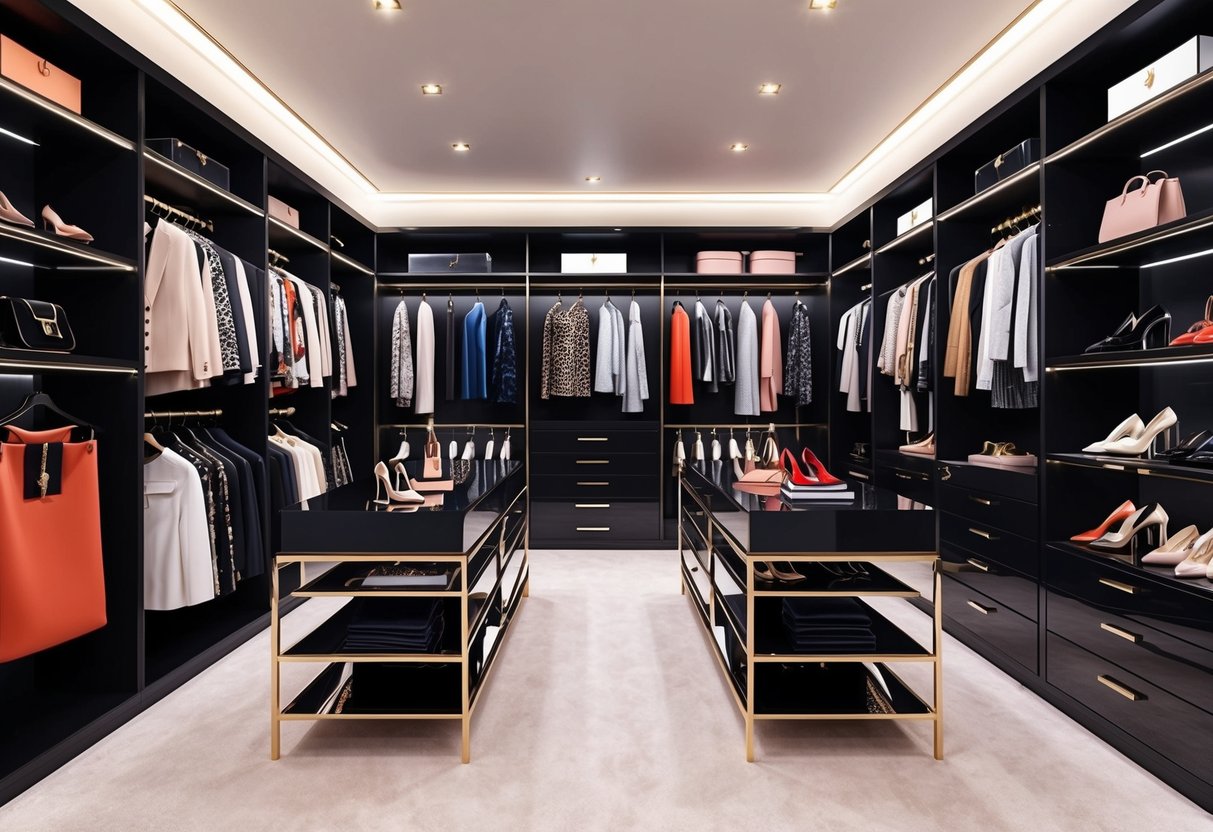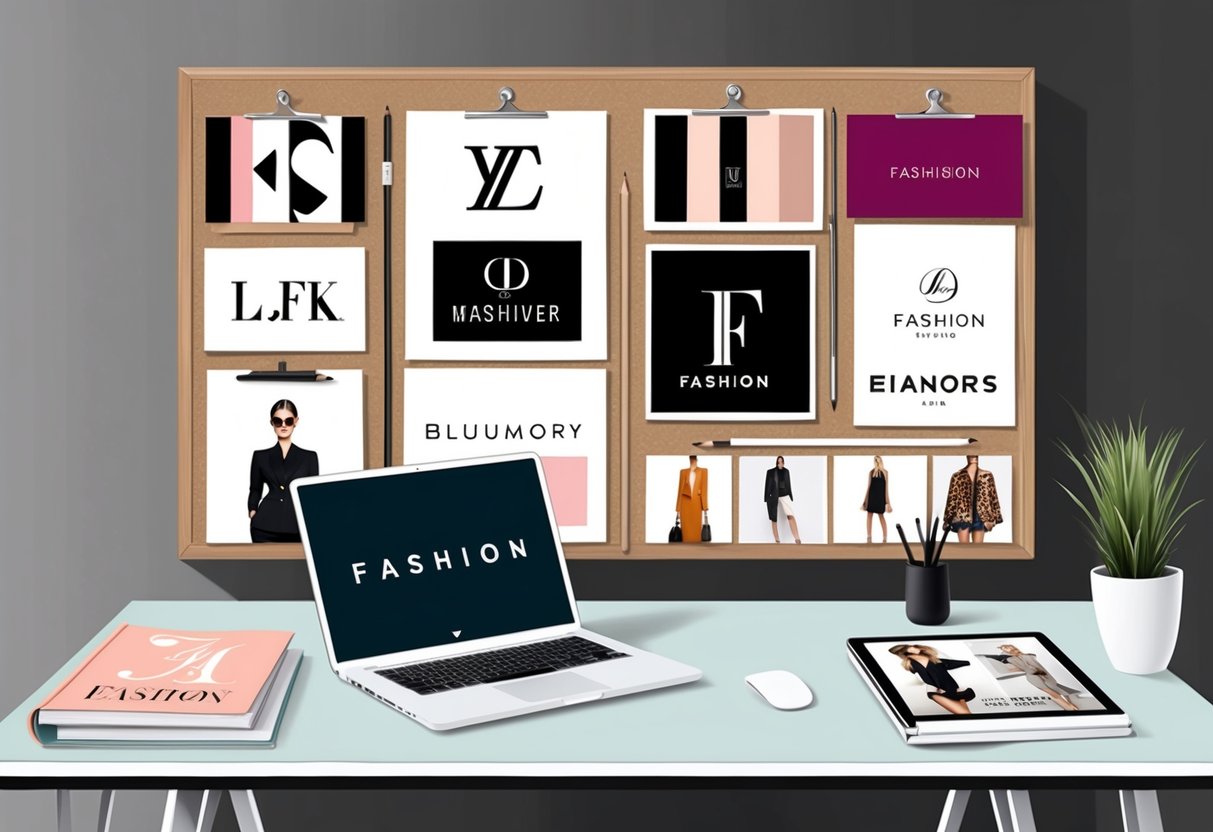
The Role of Influencers and Fashion Bloggers in Investment Decisions

Influencers and fashion bloggers significantly impact how consumers view luxury fashion, shaping their perceptions of what constitutes timeless value. Their online presence and marketing strategies often guide readers to consider certain brands or pieces as wise investments.
Shaping Consumer Perceptions through Content
Fashion bloggers and influencers use their platforms to create aspirational content that resonates with their audience. They combine personal style with in-depth reviews, unboxings, and styling tips, offering insight into the longevity, craftsmanship, and versatility of luxury pieces.
Many share side-by-side comparisons of classic items, highlighting why some designers hold their value over time. By sharing outfit ideas and discussing cost-per-wear, influencers give practical guidance for smart wardrobe choices.
These recommendations can gently steer followers toward brands known for retaining value, like Chanel, Hermès, or Louis Vuitton. In some cases, their opinions become a benchmark for what is seen as a wise luxury investment, as seen in discussions about smart wardrobe investments and cost-per-wear concepts.
Trends Driven by the Digital Era
Digital platforms such as Instagram, YouTube, and TikTok have accelerated trend cycles and increased the impact of influencer marketing. Fashion influencers regularly introduce new luxury pieces through paid partnerships, sponsored content, or organic recommendations, affecting which items are perceived as ‘must-haves.’
Bloggers often collaborate with brands, spotlighting limited-edition releases or revisiting classic models, which can drive up demand and secondary market prices. Their constant need to feature new outfits and products feeds into a fast turnover culture, but it also highlights pieces that consistently return to popularity due to their timeless appeal.
The influence exerted by these digital personalities is strong, but studies indicate they may impact style adoption more than the final buying decision, as detailed in recent research on fashion influencer impact.
Frequently Asked Questions
When building a wardrobe that balances luxury fashion and long-term value, focusing on brands with enduring appeal and heritage can make a difference. Choosing high-quality investments ensures stronger retention of value over time and can increase future resale potential.
Which luxury fashion brands offer the best investment for a classic, enduring wardrobe?
Brands such as The Row, Prada, Saint Laurent, and Bottega Veneta are recognized for their commitment to craftsmanship and timeless designs. These labels are frequently recommended by experts for pieces that retain both wearability and value, making them particularly suited for those seeking lasting appeal.
For a curated list, see this roundup of enduring luxury fashion brands.
What are the essential luxury pieces to include in a collection for lasting value?
Key investments include tailored blazers, classic trench coats, quality leather handbags, and iconic shoes such as the Jimmy Choo pump. Neutral color palettes, structured silhouettes, and materials like silk, cashmere, and fine wool tend to remain in style year after year.
A mix of formal and everyday pieces ensures versatility without sacrificing timelessness.
Which luxury accessory labels hold their value best over time?
Accessories from heritage houses such as Louis Vuitton, Hermès, and Chanel are known for strong resale performance. Iconic handbags like the Hermès Birkin and the Chanel Flap Bag often retain or even appreciate in value.
Fine jewelry and leather goods from legacy brands usually see consistent demand in the secondhand market.
What criteria should be considered when selecting luxury fashion items for investment?
Buyers should assess material quality, timeless design, brand reputation, and craftsmanship. Limited editions, signature styles, and items with established histories of strong resale demand are often safer choices.
Attention to maintenance and proper storage is also necessary to preserve value over the years.
How does brand heritage impact the resale value of luxury fashion pieces?
A long-standing brand reputation can significantly influence resale value. Brands with storied histories—like Louis Vuitton, Chanel, and Hermès—offer pieces that are globally recognized and consistently desired.
Heritage assures authenticity, sustainability, and craftsmanship, all of which attract informed buyers and collectors.
What entry-level luxury brands are known for maintaining their quality and desirability?
Labels such as Toteme, The Row, and Bottega Veneta offer accessible luxury options that have maintained their relevance and desirability.
These brands are backed by consistent quality standards, minimalist aesthetics, and strong consumer loyalty.
More insights are available in this guide to luxury fashion brands worth investing in.



